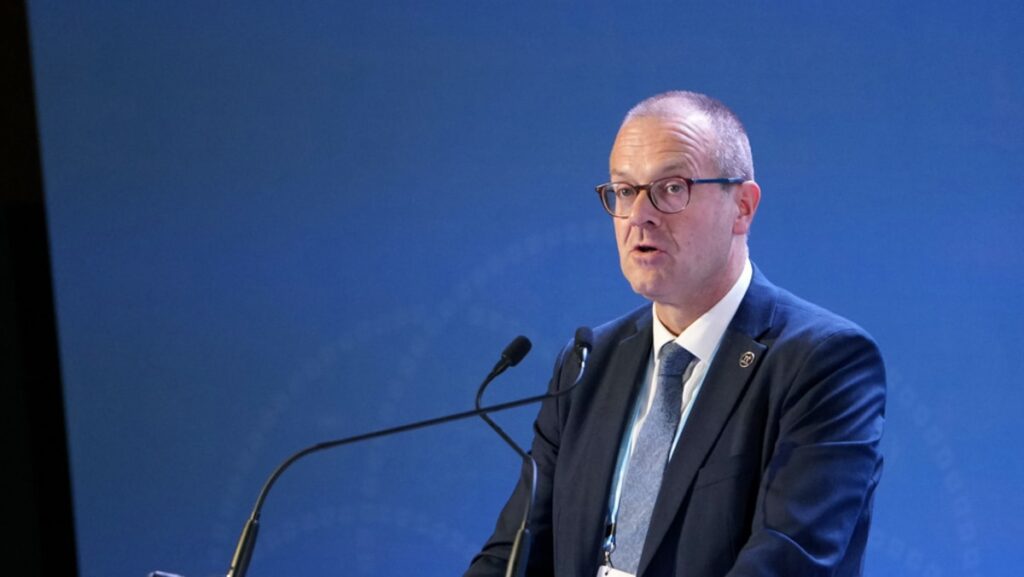COPENHAGEN: Youths in Europe, Canada and Central Asia really feel much less household assist and extra faculty strain than earlier than, the World Well being Group warned on Wednesday (Nov 14), urging nations to enhance teenagers’ social environments.
The share of adolescents who report excessive ranges of household assist fell from 73 per cent in 2018 to 67 per cent in 2022, with the drop much more pronounced amongst ladies, from 72 per cent to 64 per cent, the WHO Europe stated.
Youths additionally more and more report faculty strain, it added.
In 2022, virtually two-thirds of 15-year-old ladies, 63 per cent, stated they felt pressured by schoolwork – up from 54 per cent in 2018 – in comparison with 43 per cent of boys, up from 40 per cent.
“Adolescents right this moment are going through unprecedented challenges of their social environments, from declining assist at house to rising strain at college, with probably long-term penalties for his or her well being and future life prospects,” WHO Europe regional director Hans Kluge stated in a press release.
Teenagers who report excessive ranges of household assist – extra more likely to be discovered in additional prosperous households – typically have higher psychological well being than those that report restricted or nonexistent assist, the WHO stated.
The report additionally discovered that youths’ peer assist had declined, falling from 61 per cent to 58 per cent, and was most pronounced amongst ladies, the place it dropped from 67 per cent to 62 per cent.
“Women are sometimes caught between competing expectations of educational excellence and conventional social roles, whereas boys might face strain to seem sturdy and self-reliant, discouraging them from looking for crucial assist,” one of many authors of the report, Irene García-Moya, stated within the assertion.
The WHO stated motion was wanted to assist teenagers, considering “important gender disparities”.
College environments needs to be made extra inclusive by lowering class sizes, implementing mentorship programmes and integrating social-emotional studying into the curriculum, it stated.
It added that faculties should sort out rising stress ranges with balanced homework insurance policies, examine expertise assist and common student-teacher check-ins.
Governments also needs to implement focused monetary assist for low-income households and put money into parenting programmes to assist mother and father assist their kids, notably teenage ladies.
The examine introduced by the WHO surveyed virtually 280,000 younger individuals aged 11, 13 and 15 in 44 nations in Europe, Canada and Central Asia.

